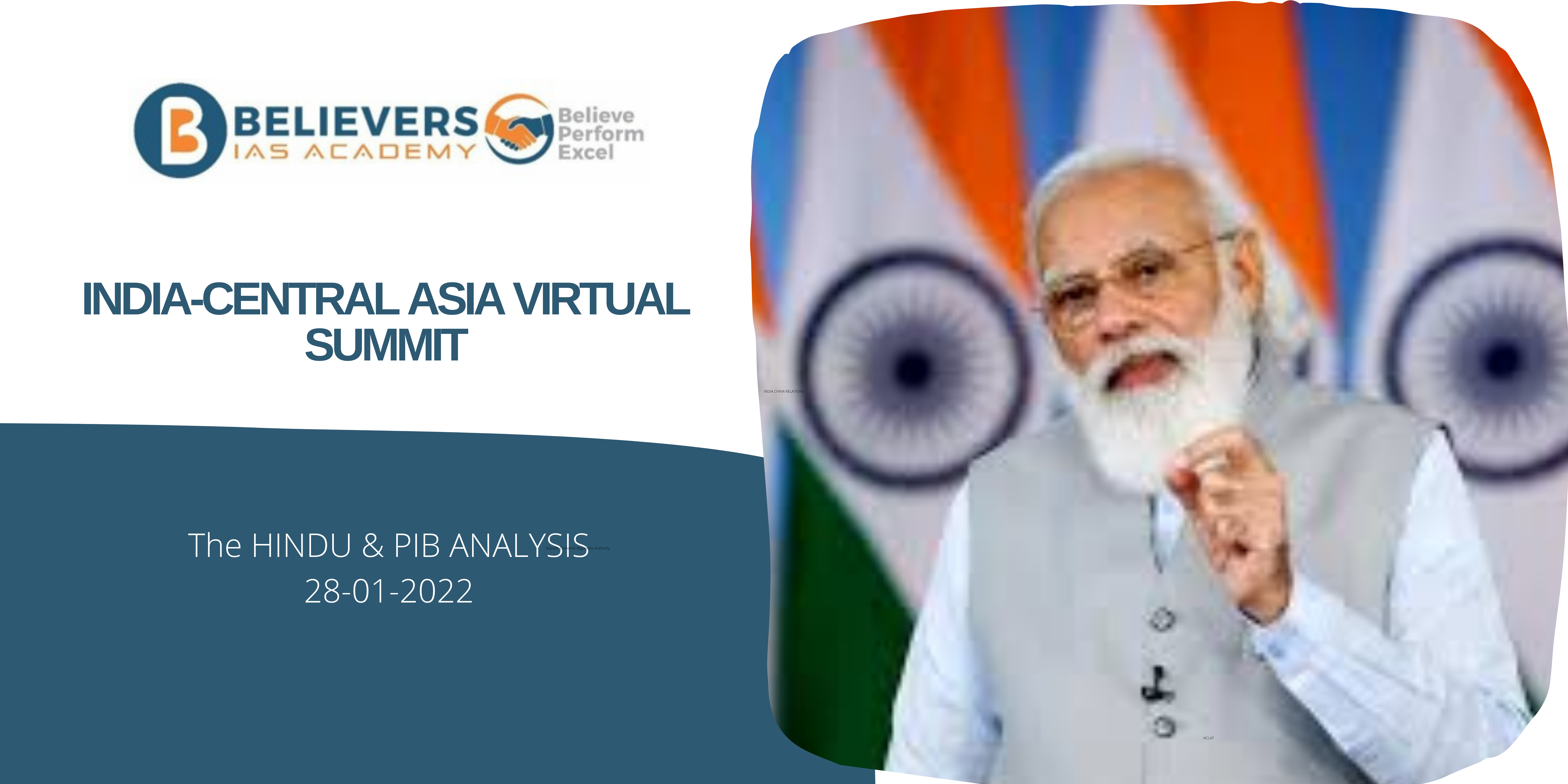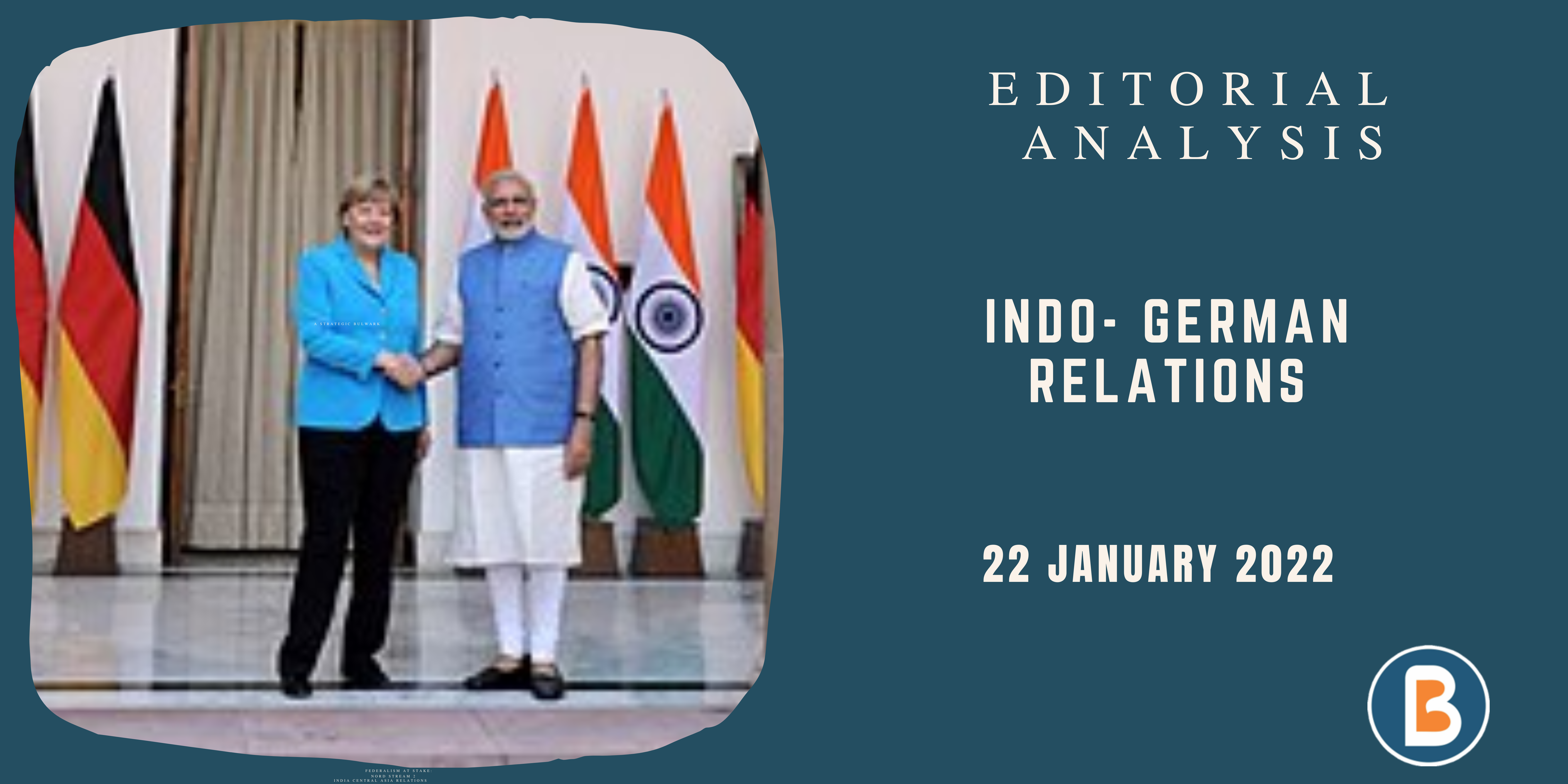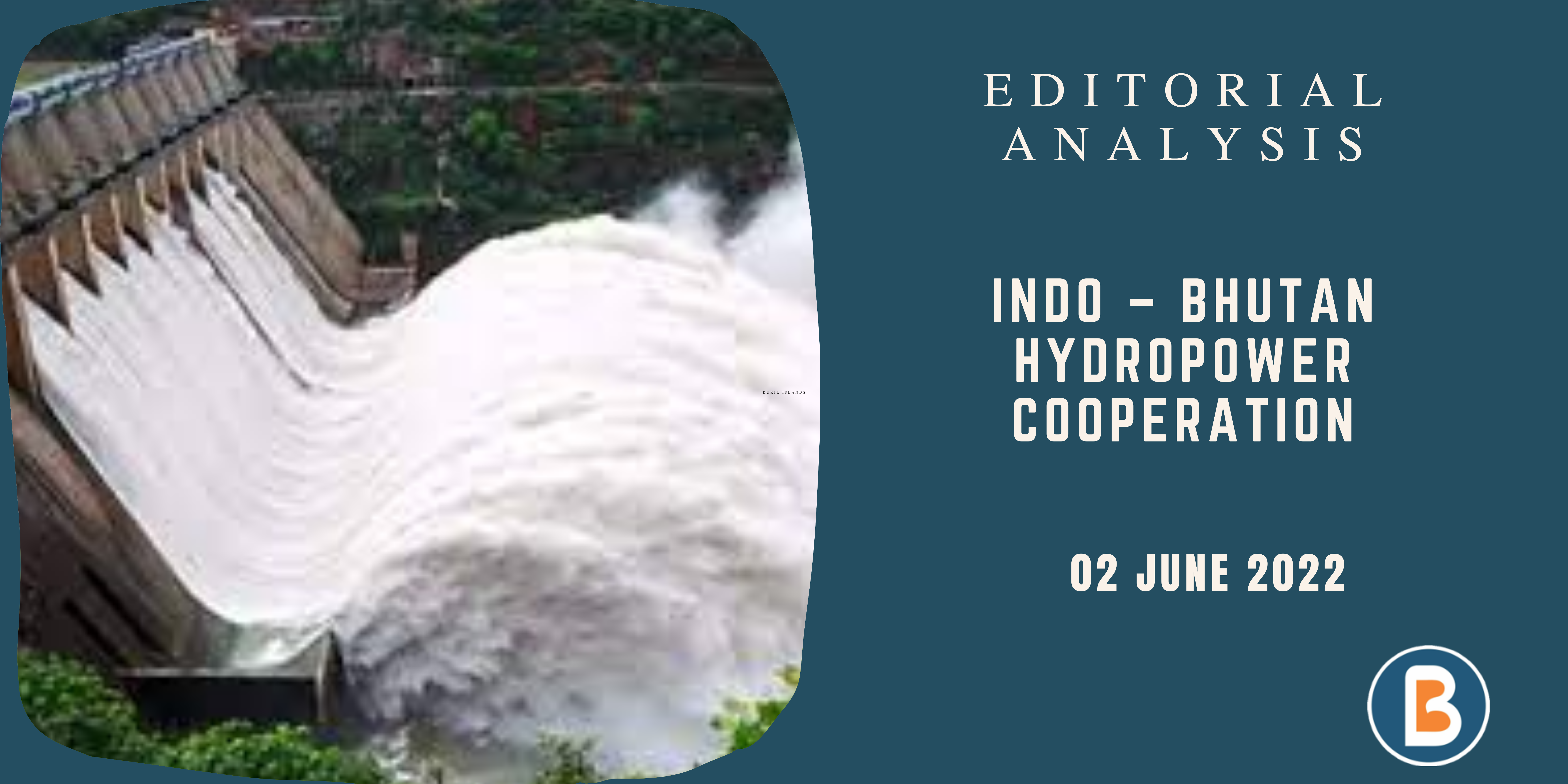India-Central Asia Virtual Summit
Context:
- Prime Minister Shri Narendra Modi hosted the first India-Central Asia Summit in virtual format on 27 January 2022, which was attended by Presidents of the Republic of Kazakhstan, Kyrgyz Republic, Republic of Tajikistan, Turkmenistan and Republic of Uzbekistan.
- This first India-Central Asia coincided with the 30thanniversary of establishment of diplomatic relations between India and Central Asian countries.
About the Summit:
- During the Summit, Prime Minister Modi and the Central Asian Leaders discussed the next steps in taking India-Central Asia relations to new heights.
- In a historic decision, the Leaders agreed to institutionalize the Summit mechanism by deciding to hold it every 2 years.
- They also agreed on regular meetings of Foreign Ministers, Trade Ministers, Culture Ministers and Secretaries of the Security Council to prepare the groundwork for the Summit meetings.
- An India-Central Asia Secretariat in New Delhi would be set up to support the new mechanism.
- The Leaders discussed far-reaching proposals to further cooperation in areas of trade and connectivity, development cooperation, defence and security and, in particular, on cultural and people to people contacts.
- These included a Round-Table on Energy and Connectivity; Joint Working Groups at senior official level on Afghanistan and use of Chabahar Port; showcasing of Buddhist exhibitions in Central Asian countries and commissioning of an India-Central Asia dictionary of common words, joint counter-terrorism exercises, visit of 100 member youth delegation annually from Central Asian countries to India and special courses for Central Asian diplomats.
- Prime Minister Modi also discussed the evolving situation in Afghanistan with the Central Asian leaders.
- The leaders reiterated their strong support for a peaceful, secure and stable Afghanistan with a truly representative and inclusive government.
- Prime Minister conveyed India’s continued commitment to provide humanitarian assistance to the Afghan people.
- A comprehensive Joint Declaration was adopted by the leaders that enumerates their common vision for an enduring and comprehensive India-Central Asia partnership.
Areas Of Convergence:
INSTC:
- International North-South Transport Corridor (INSTC), is multi-modal transportation established in 12 Sep 2000 in St. Petersburg, by Iran, Russia and India for the purpose of promoting transportation cooperation among the Member States.
- This corridor connects India Ocean and the Persian Gulf to the Caspian Sea via the Islamic Republic of Iran and then is connected to St. Petersburg and North Europe via the Russian Federation.
- The INSTC was expanded to include eleven new members, namely: the Republic of Azerbaijan, Republic of Armenia, Republic of Kazakhstan, Kyrgyz Republic, Republic of Tajikistan, Republic of Turkey, Republic of Ukraine, Republic of Belarus, Oman, Syria, Bulgaria (Observer).
Ashgabat agreement
- The Ashgabat agreements a multimodal transport agreement between the governments of Kazakhstan, Uzbekistan, Turkmenistan, Iran, India, Pakistan, and Oman for creating an international transport and transit corridor facilitating transportation of goods between Central Asia and the Persian Gulf.
- The agreement came into force in April 2016. Ashgabatin Turkmenistan is the depository state for the agreement.
Source: THE HINDU.




